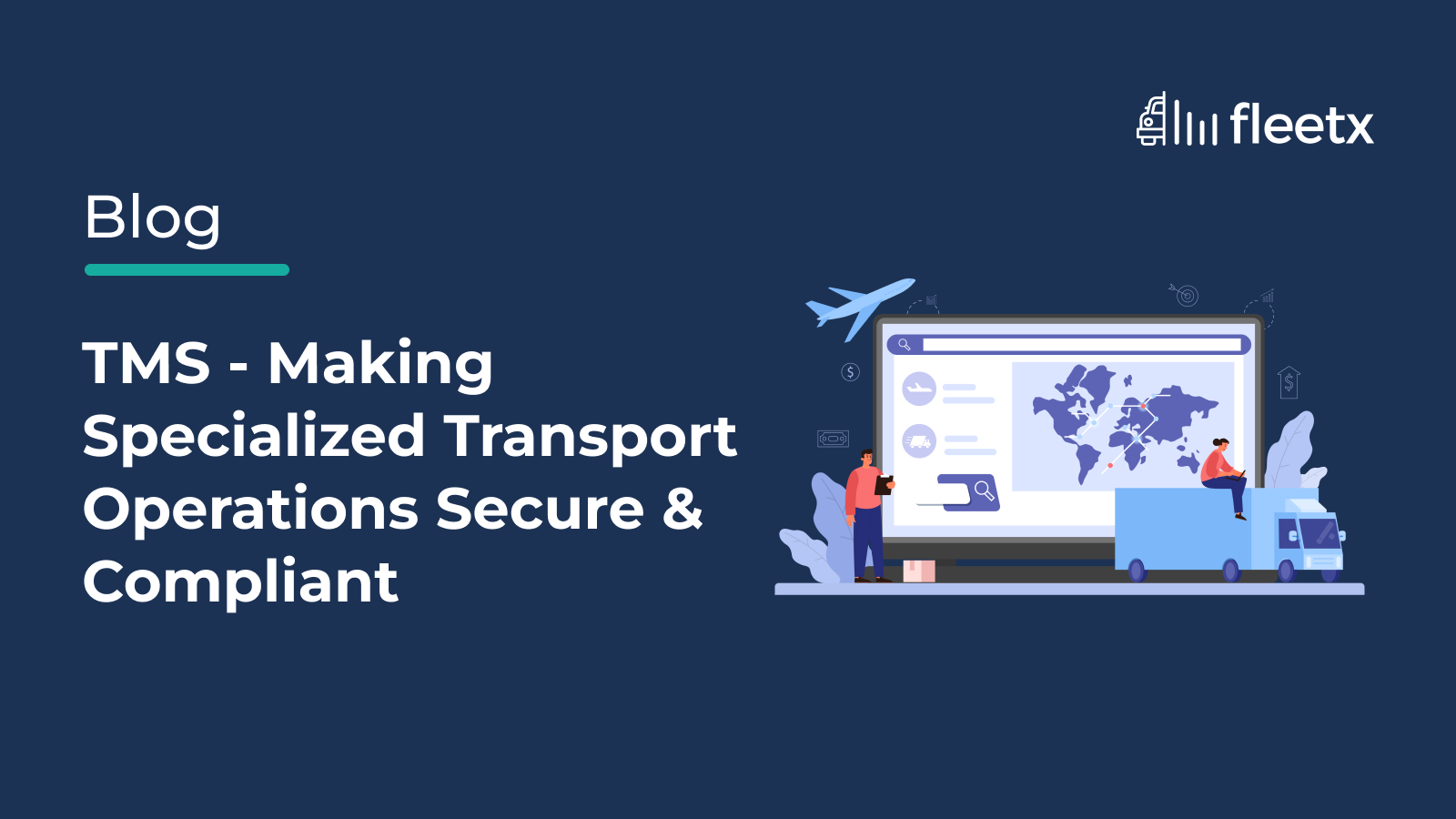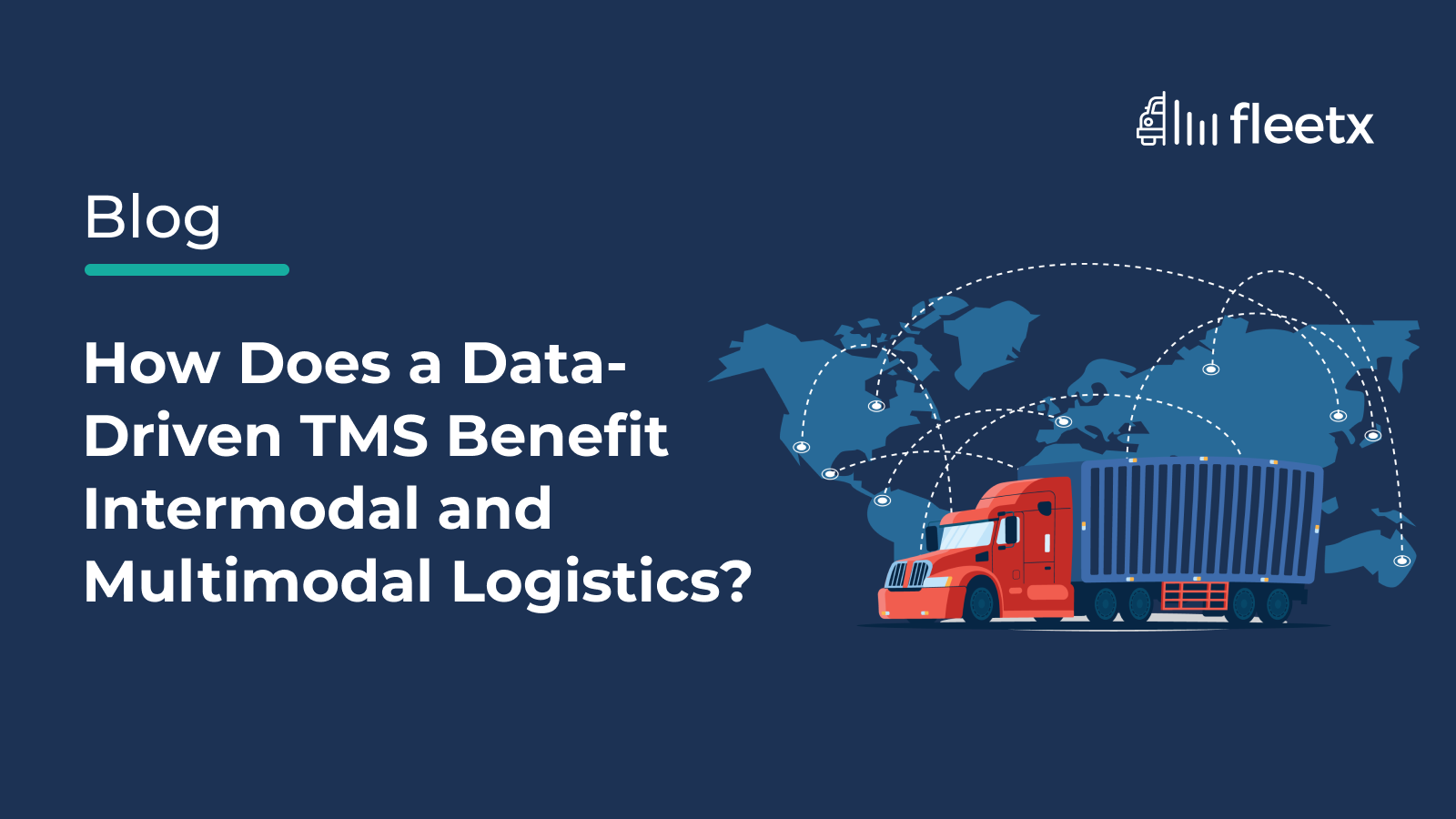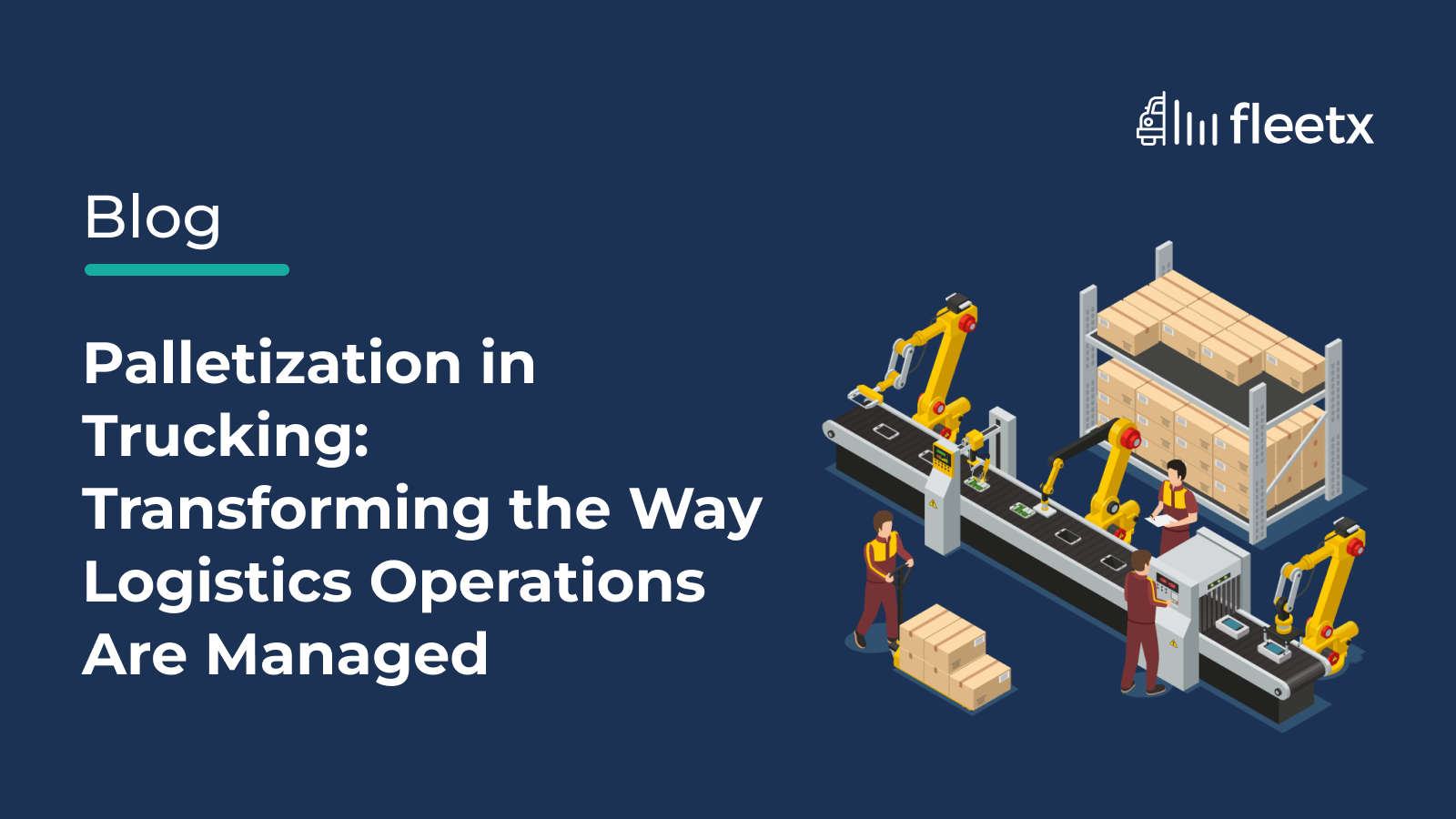
Cargo handling is a complex task in itself and the scope of risk gets wider while dealing with specialized cargo logistics. The slightest negligence leads to goods damage, causing severe financial losses. In such demanding situations, relying solely on human intelligence isn’t the wisest choice. Automation not only improves the quality of services delivered but also saves on costs.
What is Specialized Cargo Shipping?
Moving goods that are large in size, weight, or other proportions requires additional handling efforts during transit. Nearly all industries need specialized shipping at one stage or more – oil and gas, manufacturing, construction, and so on. Such shipments require specific movement services like temperature-regulated vehicles, hazmat compliance, and advanced security.
Transporting all kinds of shipments requires legal clearance but specialized cargo needs additional permits. It might seem like an intense operation but some shippers provide such dedicated services to move the products in a safe and efficient way.
Specialized Cargo Categories
Based on the type of cargo, shippers select the mode of transport and vehicles. Certain factors to consider include:
- Scope of fungal or bacterial growth
- Product shelf life
- Chances of fire hazard
Some of the cargo types are:
1. Processed and Unprocessed Foods
The foods that may or may not require refrigerated transport include semi-processed, fresh, or packaged items. Generally, shipping food items is critical due to the short shelf life of certain products and the chance of spoilage. Items with a longer span can be transported using refrigerated vessels that can keep temperatures below 0⁰c. Vehicles equipped with HVAC systems assist in shipping livestock, ensuring adequate ventilation, nutrition, temperature, and lighting.
2. Machinery and Equipment
Shipping heavy machinery runs the risk of rust and corrosion due to moisture on board. Dry surroundings are a necessity while transporting these goods. Drying units are a part of such shipping vehicles.
3. Liquid Cargo
Bulk liquid cargo has a high volatility tendency, risking both the environment and the crew on board. To avoid the possibility of any leakage in case of any collision, the cargo holds are double-bottomed and double-shelled.
4. Chemicals, Hazardous, and Toxic Products
Moving toxic cargo involves the risk of contamination, accidental poisoning, corrosion of the holding unit, or leakage. The vehicle needs to be specially designed to incorporate poisonous goods and chemicals. Symptoms of exposure can include breathing difficulties, coughing, pain, delusions, and hypoxia.
Preparation for Shipping Toxic Goods: Several guidelines are in place for dealing with huge volumes of hazardous goods safely. Compliance checks have to be adhered to. Some of the steps handled manually include:
- Classifying the type and level of hazard involved
- Personnel training for specific categories
- Arrange shipping papers
- Adequate labeling of components
- Fulfilling packaging compliance
- Filling out relevant documents
Specialized Freight Services Available
Accelerated Delivery Services
Fast-paced delivery options meant to meet tight deadlines. For instance - scheduled deliveries can become a matter of life or death for healthcare products. Optimized routes, dedicated vehicles, and even chartered flights are used to reduce transit times and ensure speedy delivery.
Heavy Haul Freight Shipping
Involves the shipment of items that exceed standard shipping sizes and weights. For instance – construction machinery, large vehicles, or industrial equipment. These shipments require special routing, additional permits, and experienced personnel.
Temperature-Controlled Vehicles
Such regulated-temperature vehicles use technological advancements to prevent spoilage or damage caused by temperature fluctuations. For instance – perishable food items or sensitive chemicals require stable environmental conditions. Temperatures can be continuously monitored and adjusted according to external conditions for an optimal state during transit.
How Does a TMS Change the Game?
Manual handling of the specialized cargo involves significant risks and is prone to errors. To reduce the scope of such life-threatening risks, companies rely on digitization to automate and simplify the processes of handling and loading freight. Software solutions have proven to be effective in optimized load planning and management.
1. Safety Assurance
- Route Optimization – Safe routes for specialized cargo can be located by a TMS and rough terrains, high-traffic zones, or restricted areas can be avoided automatically.
- Real-Time Vehicle Monitoring – Constant vehicle tracking that involves GPS and IoT integrations ensures adherence to safety norms.
- Driver Behavior Monitoring – Alerts or feedback to fleet operators help in monitoring the in-cabin behavior of drivers (such as speeding or braking) to improve driving practices.
2. Compliant Operations
- Adherence to Regulations – TMS can be integrated with transport rules databases (such as weight limitations, and anti-hazard regulations) that ensure the cargo meets all legal requirements.
- Document Management – Creation and storage of necessary permits, certificates, customs papers, and others are facilitated through automation.
- Audit Logs – TMS can be utilized to keep detailed reports of all transportation activities for easier audits.
- Vehicle & Driver Compliance - This tool can be utilized to verify the operational documentation of the vehicle as well as the driver.
3. Process Optimization
- Load Optimization – This TMS feature distributes the load optimally, balancing out vehicle capacity utilization and weightage norms.
- Warehouse Integrations – To streamline loading or unloading functions, reducing idle time and smooth operations between goods storage and transport.
- Improved Communication Channels – With real-time updates to stakeholders, coordination and responsiveness improve operations.
How to Choose Your Technology Partner?
With multiple market options available, finding a reliable logistics automation partner becomes the primary challenge. Some must-haves include:
Domain Experience – A logistics software service provider should have thorough experience in the logistics industry to understand the bottlenecks better and recommend tailored solutions.
Technology Stack – Your software partner should have the ability to deal with a wide array of current technologies for the TMS to provide desired results.
Market Reputation – Ask around to find if the technology partner has a good name in the logistics market, for you to be at peace with your selection.
At Fleetx, we have earned a steady client base over several years of hard work and dedication. With time, we have gradually spread out across several industries and tied up with some of the biggest names in India’s supply chain network. Our specialized services are thriving in the current competitive landscape.






